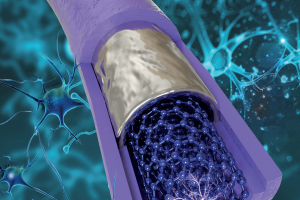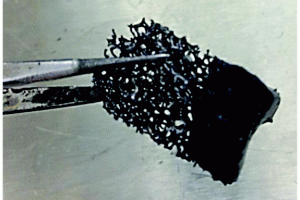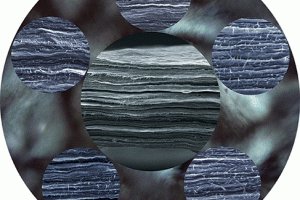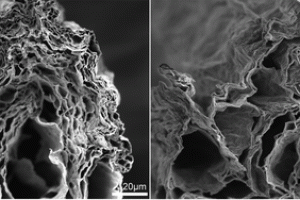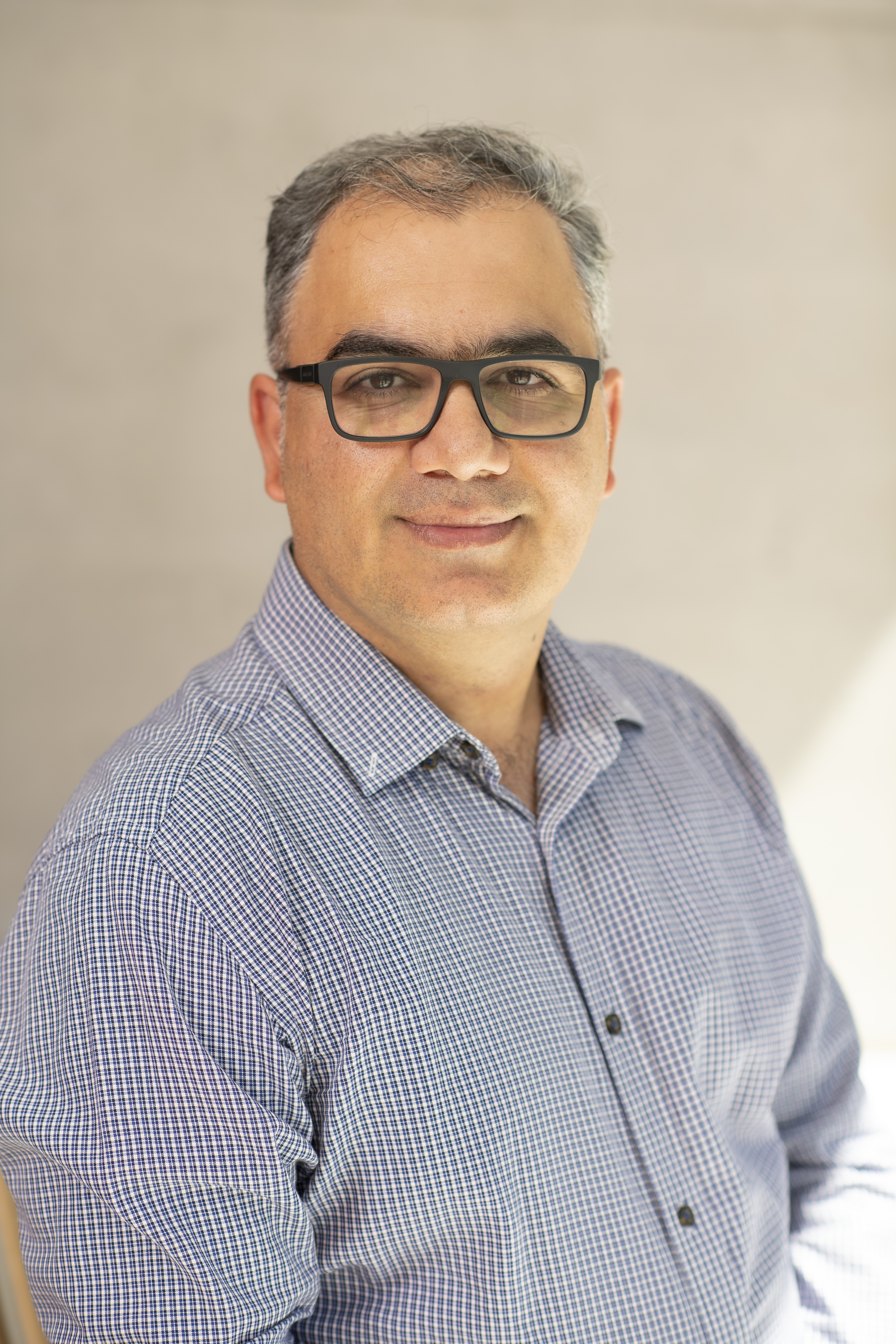
My Expertise
-
Sustainable Energy & Net-Zero Technologies: Developing innovative approaches to clean energy, decarbonization, circular economy, and sustainable chemical production for societal, scientific, and technological impact.
-
Plasma Gas Conversion & Integrated Systems: Advancing plasma gas conversion and integrated technologies, including plasma-electrocatalysis, for converting renewable energy into sustainable chemicals, green fuels, and energy storage solutions.
-
Plasma Gas Conversion & Process Scale-Up:Bridging academia and industry experience to scale plasma-based gas conversion and integrated plasma-electrocatalysis systems, significantly improving efficiency, productivity, and sustainability.
-
Chemistry, Materials Science & Engineering: Designing advanced materials and nanotechnologies for energy storage, catalysis, additive manufacturing, and scalable device fabrication.
-
Carbon Capture, Utilization & Green Fuels: Converting captured emissions into valuable chemicals, sustainable ammonia, hydrogen, and renewable fuels while addressing the intermittency of renewable energy.
-
AI-driven Modelling & Techno-economic Analysis: Using computational modeling, AI, and economic analysis to optimize processes and accelerate scaling from laboratory innovation to industrial applications.
-
Biomedical & Environmental Technologies: Creating advanced biomedical devices, electrocatalytic materials, graphene-based inks, and biomimetic systems with tangible environmental and health impacts.
Keywords
Fields of Research (FoR)
Plasma physics; fusion plasmas; electrical discharges, Inorganic materials (incl. nanomaterials), Environmentally sustainable engineering, Catalysis and mechanisms of reactions, Fertilisers (incl. application), Nanomaterials, ElectrochemistrySEO tags
Biography
Ali Jalili is a Senior Lecturer and Australian Research Council (ARC) Future Fellow at the School of Chemistry, University of New South Wales (UNSW), Sydney, Australia. He earned his PhD from the University of Wollongong in 2013. His research expertise spans plasma gas conversion, additive manufacturing, biomimetic systems, electrochemical device fabrication, and plasma catalysis, strongly focusing on net-zero initiatives via green ammonia...view more
Ali Jalili is a Senior Lecturer and Australian Research Council (ARC) Future Fellow at the School of Chemistry, University of New South Wales (UNSW), Sydney, Australia. He earned his PhD from the University of Wollongong in 2013. His research expertise spans plasma gas conversion, additive manufacturing, biomimetic systems, electrochemical device fabrication, and plasma catalysis, strongly focusing on net-zero initiatives via green ammonia production, sustainable fertilizers, scalability of these technologies, and hydrogen transport technologies.
Dr. Jalili has been instrumental in advancing the research of green ammonia via plasma and electrocatalysis from conceptual development to industrial scale-up. His significant research contributions have been supported by prestigious grants, including an ARC DECRA (AUD 450k), an ARC Future Fellowship (FT230100396, AUD 850k), and an ARC Discovery grant (DP230102907), enabling critical advancements in plasma catalysis for sustainable fertilizer production. He recently secured a substantial AUD 1.5 million R&D grant from the NSW Environmental Trust as part of a collaborative effort, leading plasma-related activities at UNSW in partnership with PlasmaLeap Technologies. The project focuses on developing a pilot system for on-demand ammonia synthesis, integrating plasma catalysis, innovative reactor technologies, and comprehensive techno-economic analyses.
Dr. Jalili has published over 65 peer-reviewed manuscripts, achieving an H-index of 45. His research publications have garnered more than 7,500 citations globally, averaging over 100 citations per manuscript, indicating substantial impact and international recognition. Notably, 16 publications have each been cited over 100 times, accounting for more than 25% of his total research output, including eight highly cited papers. Beyond scholarly articles, his research outcomes include four patents and more than twenty invited talks at international conferences and seminars, reflecting his leadership and influence in his field.
My Grants
- 2025: UNSW-SJTU Collaboration Research Program, Hybrid Plasmatic-Electrochemical Reaction for Green Ammonia Synthesis, $10,000
- 2024: Clean Technology R&D Grants, On-Demand Green Ammonia Production, $1,588,959
- 2023: ARC Future Fellowship Award, High productivity of hybrid plasma electrocatalytic fertiliser production, $842,080
- 2022: ARC Discovery, Plasma-driven Electrochemical Synthesis of Urea, $422,103
- 2019: UNSW Sydney Startup Fund, $215,576
- 2018: ARC Discovery Early Career Researcher Award,Nature-inspired electrochemical conversion of nitrogen to ammonia, $368,446
- 2017: Vice Chancellor’s Postdoctoral Fellow Award, RMIT University, $326,000
- 2015: The Australian Institute for Innovative Materials (AIIM) Collaborative Grant, $20,000
- 2014: The Australian Institute for Innovative Materials (AIIM) for Gold Grant, $12,000
My Awards
ARC Future Fellowship (2023)
ARC DECRA (2017)
Travel award from Australia Academy of Sciences (2016).
Best poster award from the Fiber Society (2013).
My Research Activities
My research focuses on making a significant societal, scientific, and technological impact by advancing sustainable energy solutions, decarbonisation strategies, and the circular economy. As an ARC Future Fellow at UNSW's School of Chemistry, I bring together academia and industry by scaling up innovative technologies like plasma gas conversion and integrated plasma-electrocatalysis systems. My work addresses critical challenges such as climate change mitigation, carbon removal, emission avoidance, and efficient renewable energy management through interdisciplinary collaborations at both the national and international levels.
My research directly contributes to the development of a sustainable future, with a focus on decarbonised industrial processes, sustainable manufacturing, and technologies that are compatible with renewable energy's intermittent nature. I explore new chemical reactions, green ammonia production methods, hydrogen storage and transportation technologies, and fuels made from renewable sources. My expertise includes advanced materials, additive manufacturing, green chemistry, and nanotechnology, resulting in significant advancements in biomedical devices, 3D-printed electrocatalytic scaffolds, and graphene-based liquid crystalline inks for scalable device production.
With a proven track record of significantly improving the efficiency, productivity, and sustainability of plasma reactors and related technologies, my current focus is on making chemical processes compatible with renewable energy, developing novel energy storage solutions (such as hydrogen, ammonia, and green energy), and lowering inherent emissions in critical chemicals such as fertiliser production. My recent interest in AI-driven modeling and techno-economic analysis can enhance my ability to optimise processes and accelerate the transition from lab-scale innovation to meaningful industrial applications.
My research is focused on providing industry and society with practical solutions to support the transition to a sustainable, decarbonised, circular economy. By assisting partners in incorporating advanced net-zero strategies into research proposals, grant applications, and operational frameworks, I hope to broaden the impact of sustainable technology innovation on science, industry, and the global community.
My Research Supervision
Supervision keywords
Areas of supervision
1. Electrocatalysis for Green Ammonia Production
-
Exploration of novel electrocatalysts for sustainable ammonia synthesis.
-
Optimization of electrochemical processes for high-efficiency ammonia production.
2. Material Discovery Using AI-Based Methods for Plasma and Electrocatalysis
-
Application of machine learning and AI to accelerate the discovery of new catalysts.
-
Data-driven approaches for optimizing plasma-electrocatalytic processes.
3. Plasma Catalysis for Sustainability
-
Development of plasma-assisted catalytic systems for environmental and energy applications.
-
Investigation of plasma-activated reactions for sustainable chemical production.
4. Plasma-Electrocatalysis for Nitrogen Fixation
-
Integration of plasma activation and electrocatalysis for efficient nitrogen conversion.
-
Development of scalable methods for nitrogen fixation without fossil fuels.
5. Technology Development and Techno-Economics of Sustainable Practices
-
Advancing scalable technologies for hydrogen production, ammonia synthesis, and CO₂ reduction.
-
Techno-economic analysis of sustainable energy and chemical production methods.
6. CO₂ Hydrogenation via Plasma Catalysis
-
Exploring plasma-based methods for CO₂ conversion into value-added chemicals.
-
Developing catalyst systems for efficient and sustainable CO₂ hydrogenation.
7. 3D Printing for Energy and Plasma Catalysis
-
Development of additive manufacturing techniques for energy-related and catalytic materials.
-
Customization of 3D-printed catalysts for plasma-driven chemical conversions.
My Engagement
I am deeply committed to bridging academia, industry, government, and the wider community through strategic engagement and collaboration. By combining my experience in technology commercialization, academic leadership, and advanced research, I actively foster partnerships that translate cutting-edge science into real-world impact. My collaborative approach emphasizes shared goals in sustainability, decarbonisation, and circular economy solutions, and includes assisting industry and academic partners in developing competitive grant applications and proposals aligned with global net-zero strategies. Through these engagements, I facilitate the effective integration of renewable energy technologies, plasma gas conversion systems, energy storage solutions, and advanced material innovations into practical applications, ultimately supporting partners and the broader community in achieving their sustainability and emission-reduction targets.



